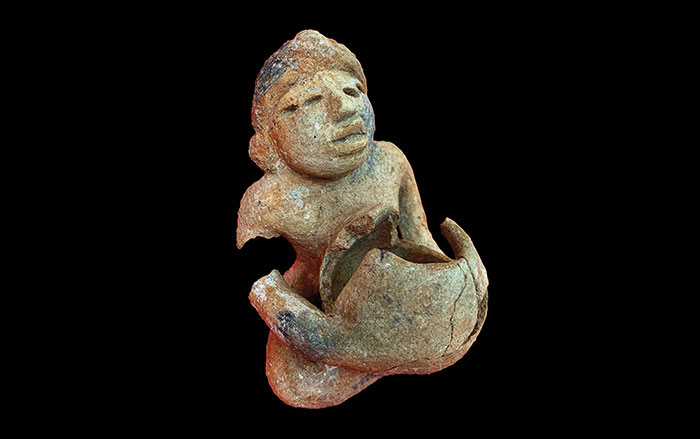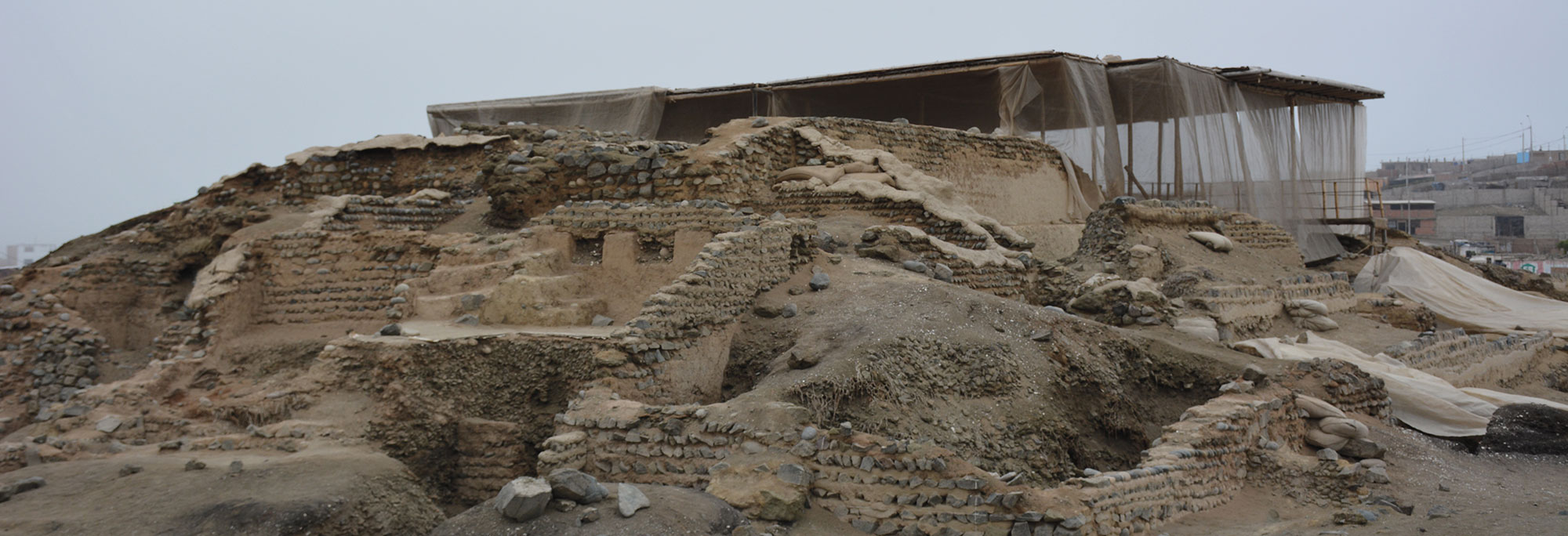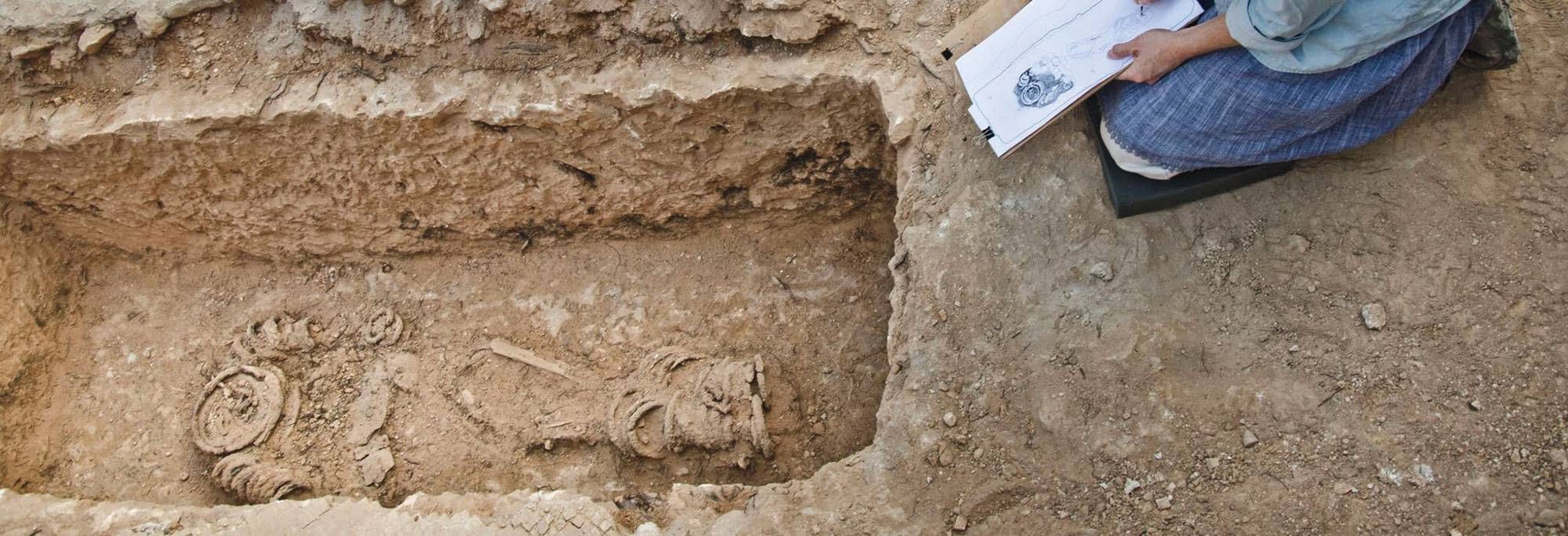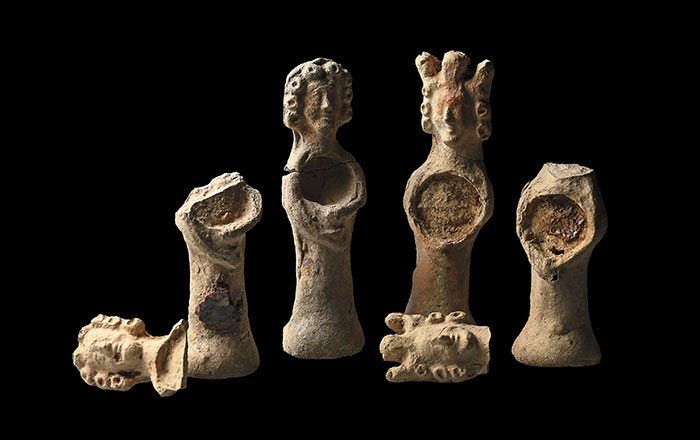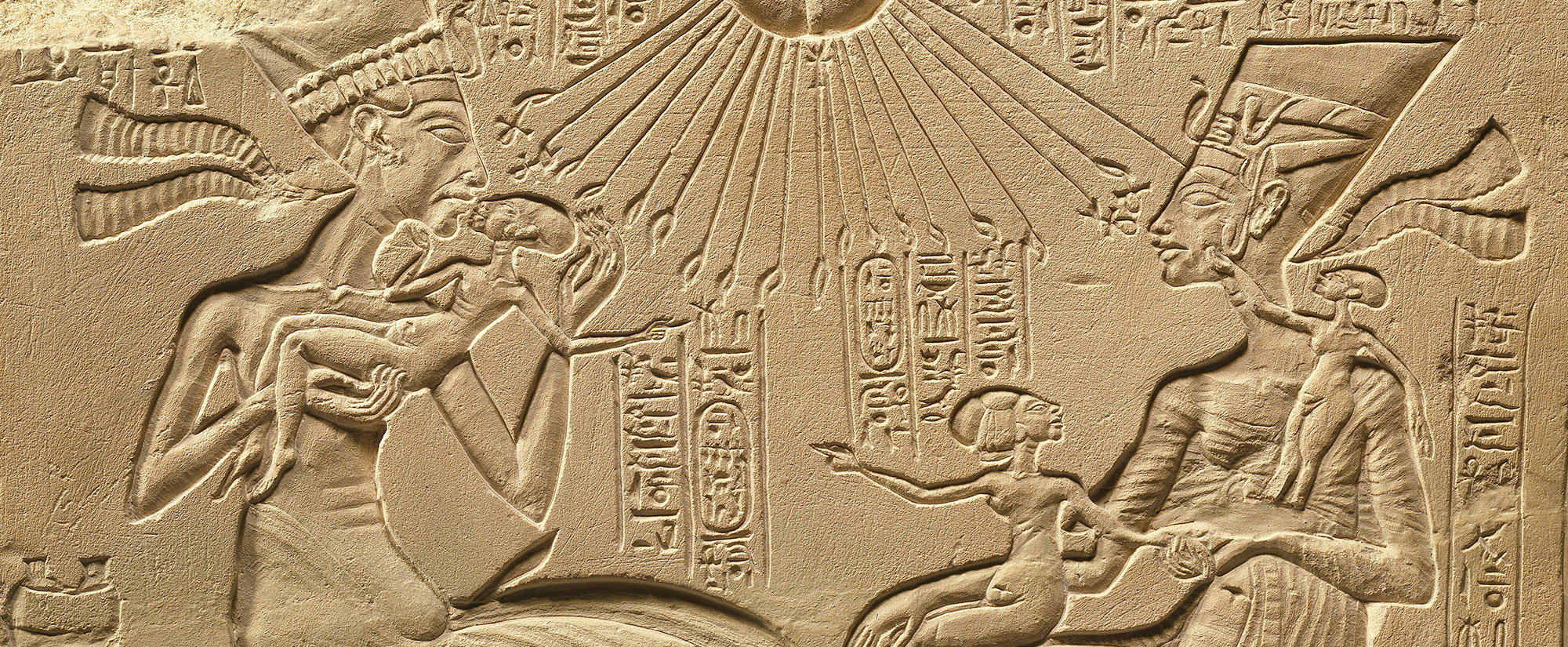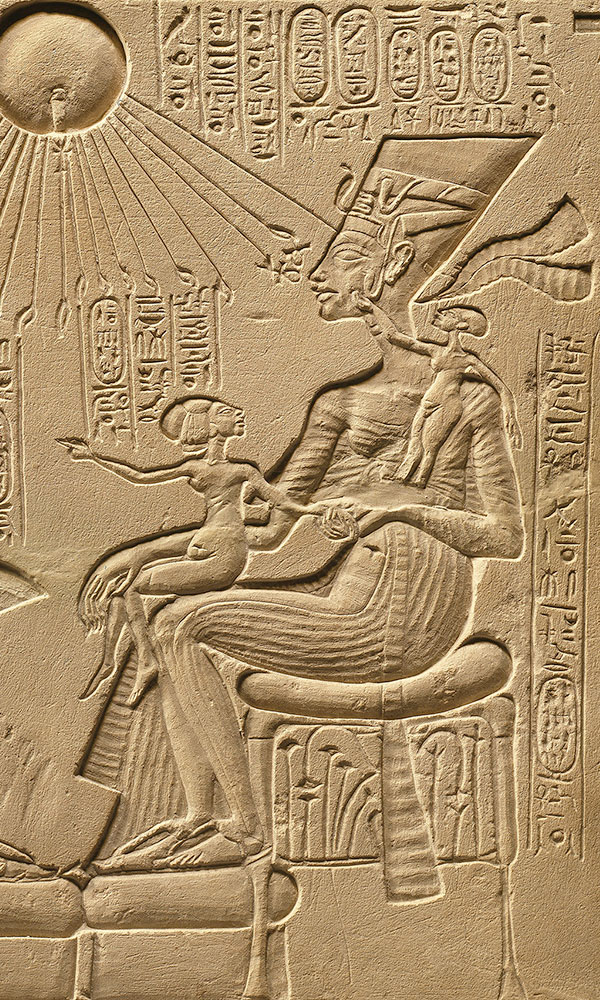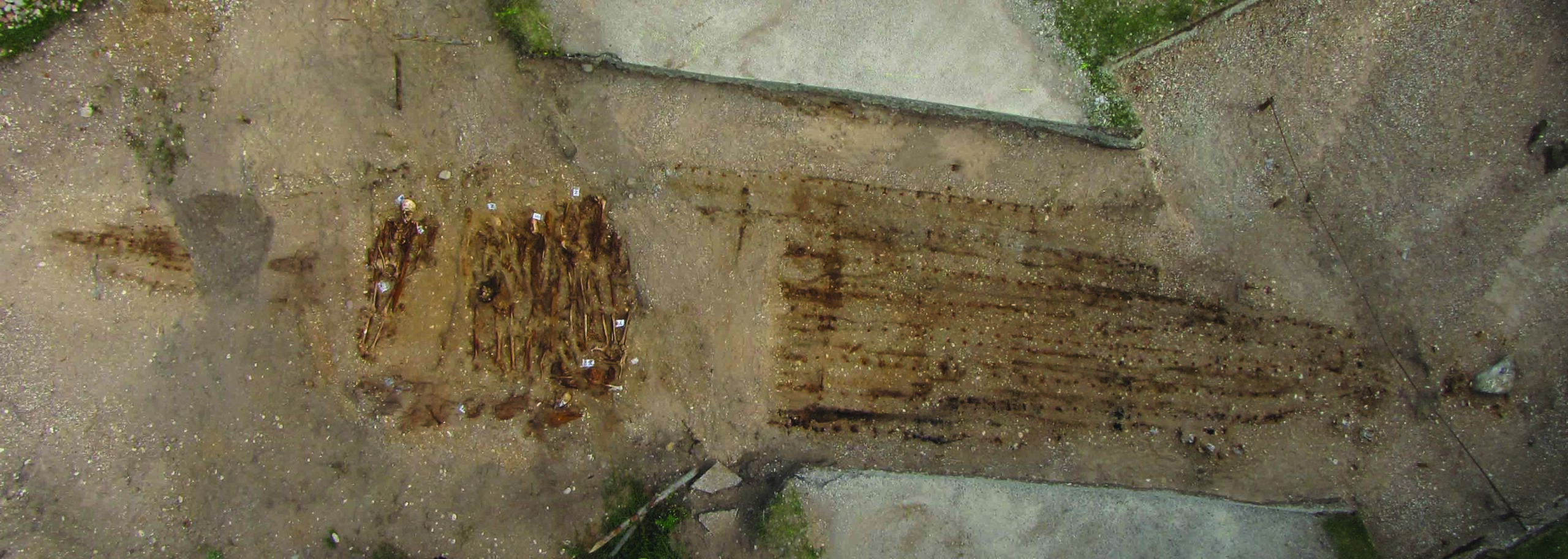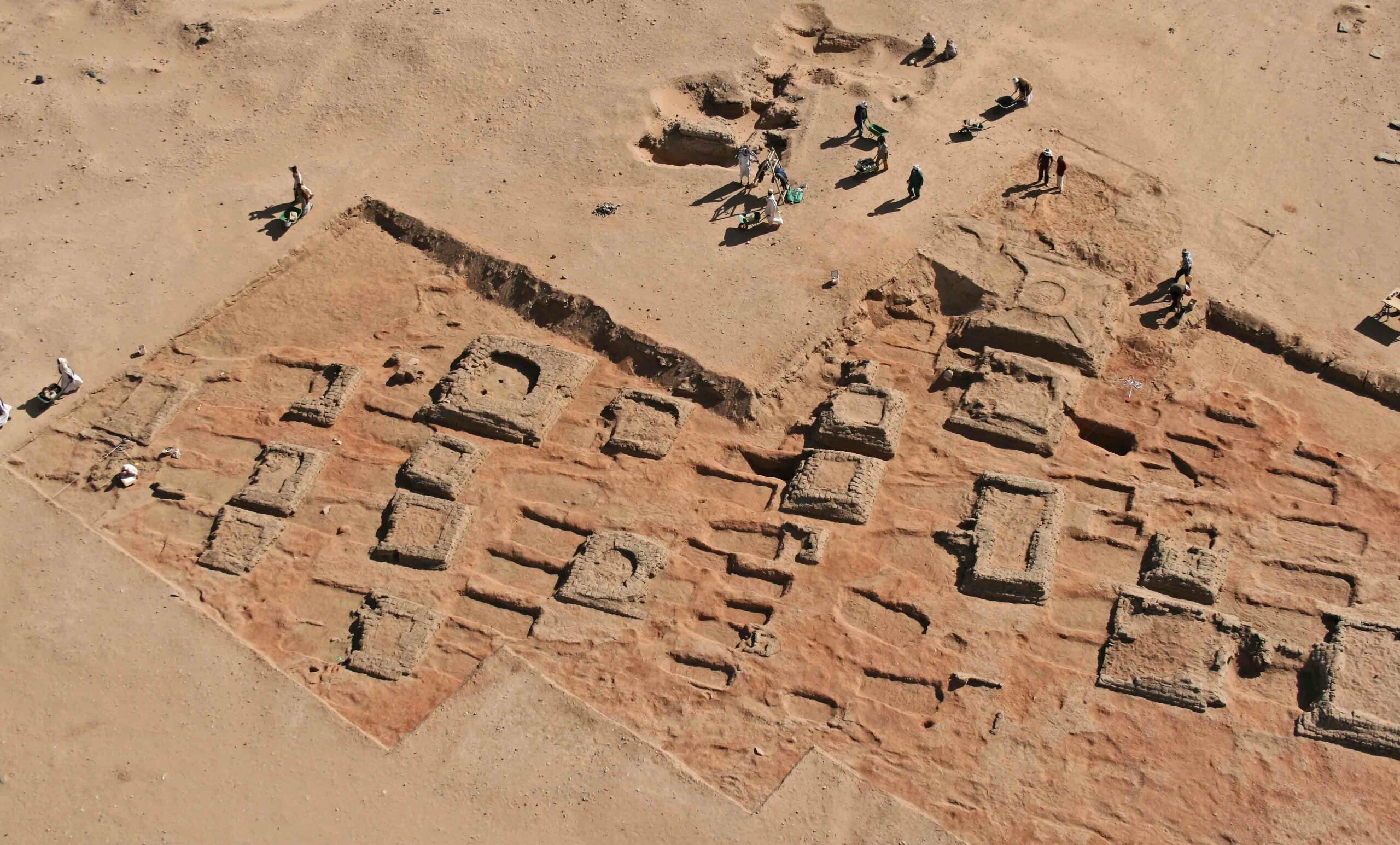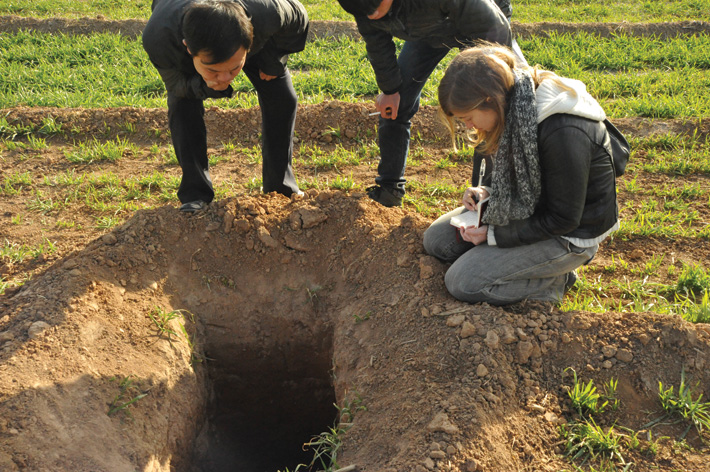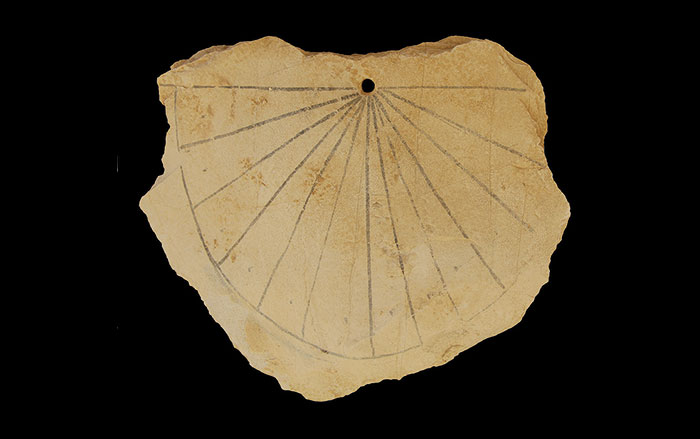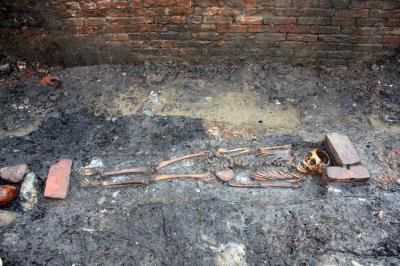
RIBE, DENMARK—Scientists examined the soil around the 800-year-old remains of a 10- to 13-year-old child found buried in what was once a medieval town in Denmark. The researchers found elevated levels of mercury in the soil around the burial, especially where the kid's lungs would have once been, led them to the conclusion that the child underwent a mercury treatment to cure an illness shortly before dying. "Concerning past archaeological excavations it is appalling to think about all the soil that archaeologists have wheel barrowed away for more than a century – if we had samples of this soil, we would have access to a lot of important information", says Kaare Lund Rasmussen, a chemist at the University of Southern Denmark.


